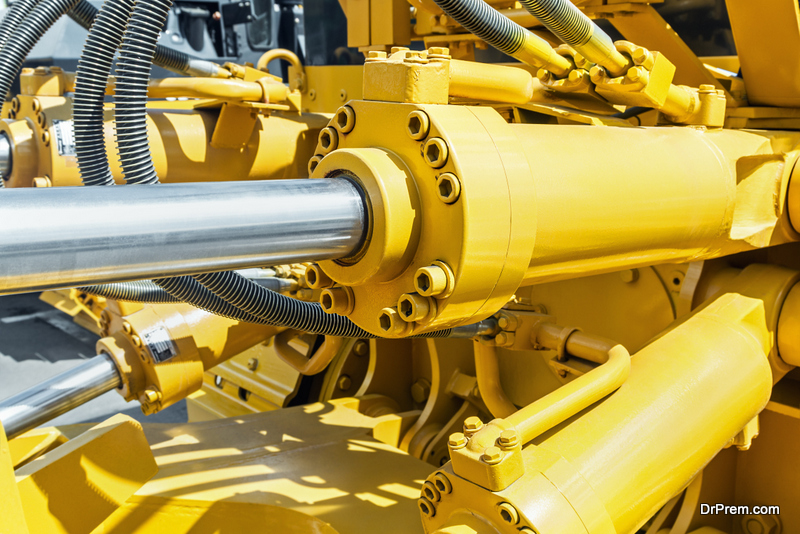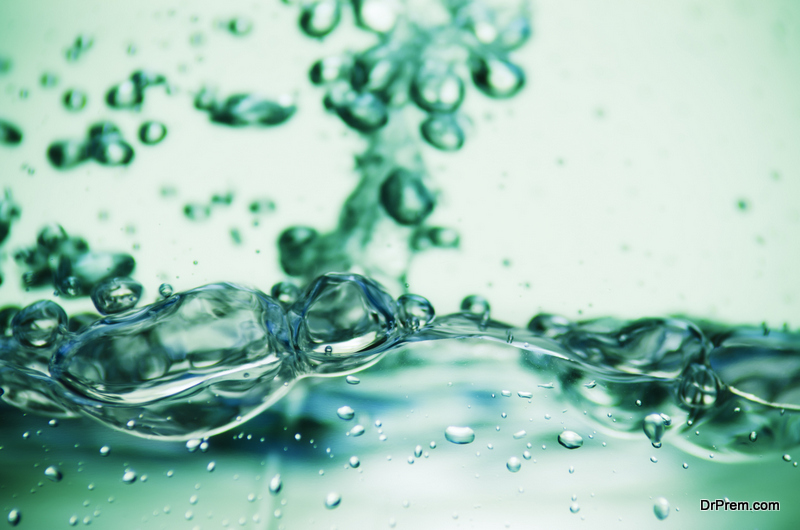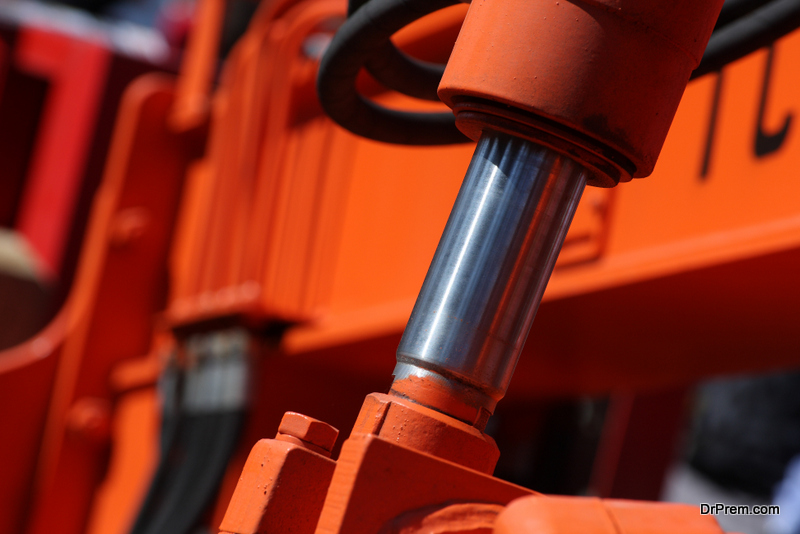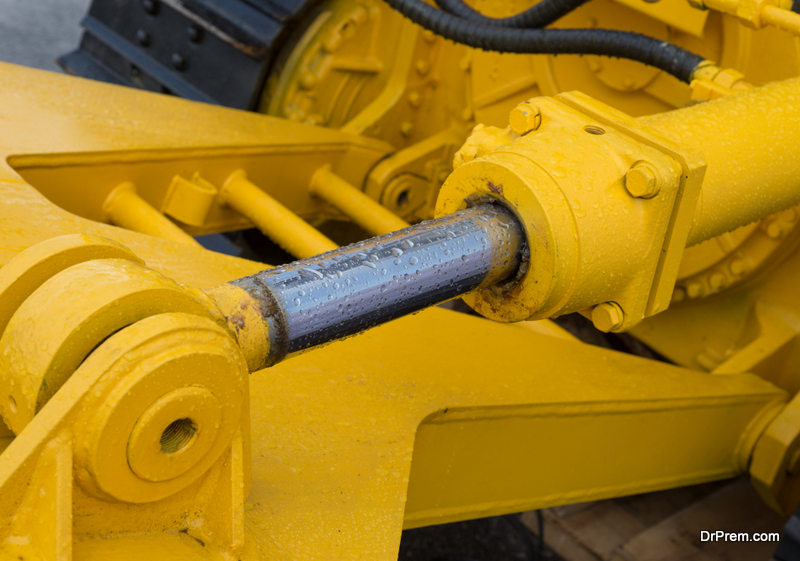Have you ever considered the environmental impact of spilling hydraulic fluid? Used in industries like oil and gas, hydraulic fluid can leak at any time, leeching toxic chemicals into the ground. The good news is there are eco-friendly hydraulic fluids that work just as well as standard fluids.
If you haven’t switched over to an eco-friendly hydraulic fluid, consider these points:
1. Changing fluids can contribute to the health of our planet
No effort to preserve the planet is too small. If everybody did just one thing to preserve the planet, we would all be better off. Businesses are no exception. For those using equipment powered by hydraulics, using eco-friendly fluids is the right thing to do.
Although going “eco-friendly” seems like it might be a chore, accessing eco-friendly fluids is easy. For example, there’s a biodegradable product called EcoShield that has been specially designed to power high pressure industrial, marine, construction, and mobile hydraulic systems. In fact, this product was specifically designed to power machinery for use in environmentally sensitive areas. It’s made with high oleic vegetable base oils and biodegradable synthetic polyol ester.
The EPA requires the use of eco-friendly hydraulic fluid in some circumstances. For example, if there’s any chance lubricant can come into contact or interfere with fresh water or seawater, the lubricant used must meet strict EPA standards.
Another company providing bio-based products is Hydro Safe. They’ve been making vegetable-based eco-friendly oils since 1996. According to their website, their products can replace many petroleum products with biodegradable and renewable products. Hydro Safe’s hydraulic oils also qualify for points toward LEED certification under rapidly renewable materials.
2. Your connections might be leaking without your knowledge
You never know when your lines will leak. Using eco-friendly hydraulic fluid ensures that when – not if – a leak occurs, the fluid won’t cause damage to the environment. A common cause for leaks is an ill-fitting connection.
Regardless of the type of equipment you’re using, your connections might not be as secure as you think. Fluid can leak from any point at any time, and if the leak is slow, it could be a while before you notice. During that time, you’ll be allowing toxic chemicals to leech into the ground, which will eventually end up in the water supply and might harm wildlife.
If one of your fittings is leaking hydraulic fluid, make sure you aren’t over-tightening the nut. Over-tightening the nut on a fitting can cause an even bigger leak. Always use proper couplers, never reuse O-rings, and don’t use improper fittings, even temporarily. Nobody likes downtime, but when a fitting needs to be replaced, it’s worth waiting for the proper part.
3. You have to buy fluid anyway
You have to buy hydraulic fluid anyway, so why not switch to an eco-friendly version? It might cost a little more to ship, but isn’t preserving the environment worth it?
4. Eco-friendly fluid really does make a difference
Sometimes eco-friendly products are all hype, but science backs up eco-friendly hydraulic fluid. Intensive testing has been done to determine what constitutes an eco-friendly fluid. To be considered environmentally friendly, more than 60% of the fluid must break down into innocuous products when tested in the lab. Also, when the fluid is introduced to a small laboratory trout population (in concentrations greater than 1,000ppm) for four days, more than half of the trout must survive.
5. The cost of spills and cleanup is far less
If you end up causing a spill that leaks hydraulic fluid, you’ll be responsible for cleaning it up. When the fluid is non-toxic, the cost of cleanup is far less and since they’re less likely to harm plant and animal life, the urgency isn’t as intense.
You’ve probably heard of, or experienced, at least one of these 9 biggest oil spills in history. In 1978, a very large crude carrier was stocked with 69 million gallons of crude oil when its hydraulic system was damaged by a large wave. The ship eventually clipped shallow rocks, which shattered the containers of oil, releasing it into French coast waters.
The resulting oil slick killed millions of invertebrates, 20,000 birds, and contaminated oyster beds. The corporation that owned the vessel paid a $120 million settlement to French claimants, and $35 million to the oil company that had purchased the spilled oil.
Had the oil been non-toxic, it would have still been a serious situation, but it wouldn’t have killed so much wildlife. There may still have been a claim filed against the ships’ owners, but certainly not for $120 million.
Set the example in your industry
As you ponder these points, consider that eco-friendly hydraulic fluid will one day become the standard. By making the switch today, you’re paving the way for the world to embrace eco-friendly hydraulic fluid.
Article Submitted By Community Writer





